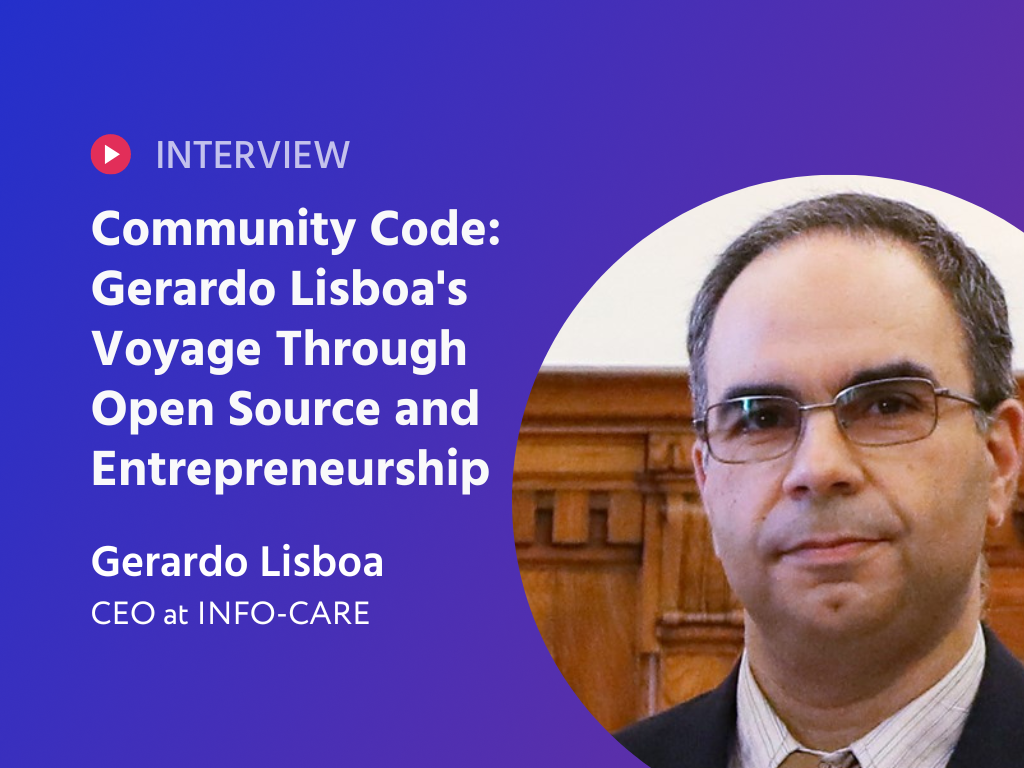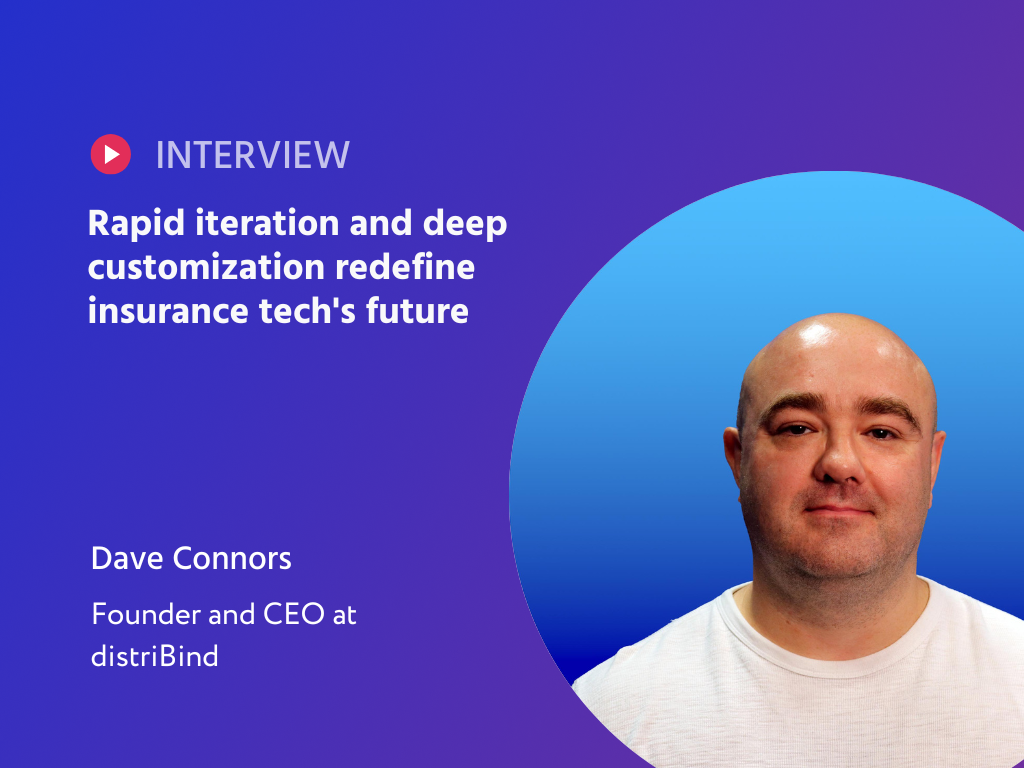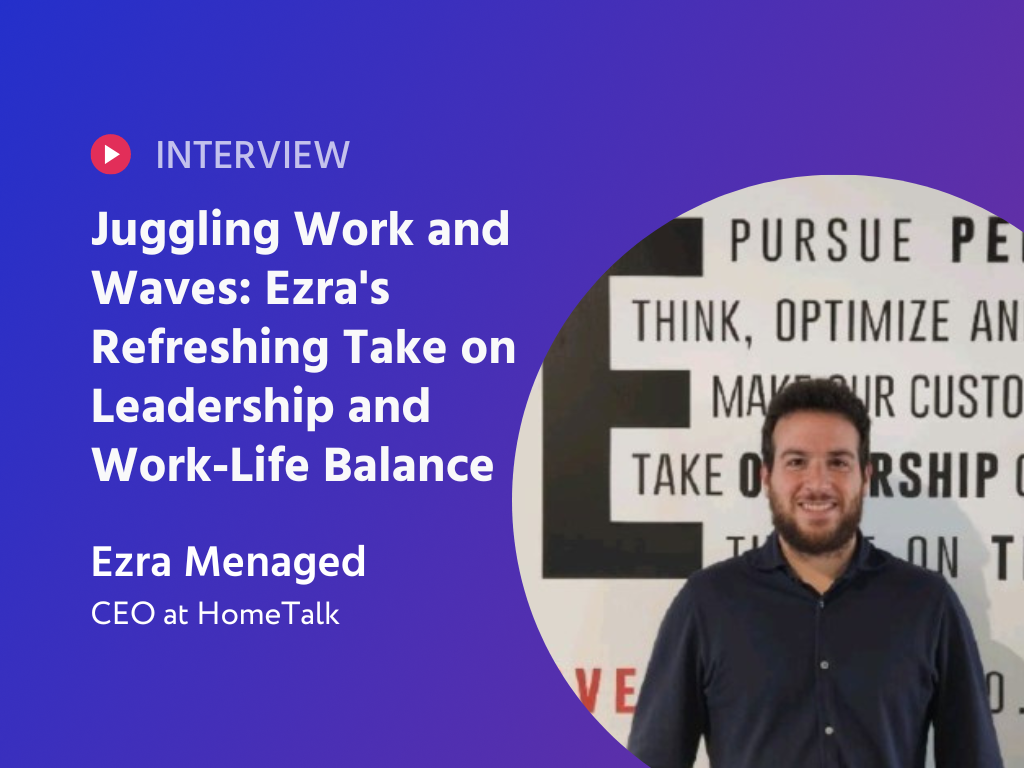In the rapidly-evolving realm of artificial intelligence, few have ventured into the niche domain of digitizing ancient texts as passionately as Günter Mühlberger. Chair of the Board of Directors at READ COOP SCE, and affiliated with the University of Innsbruck for over 25 years, Mühlberger delves deep into the intersection of literature and technology.
Not just content with modern linguistic ventures, he is pioneering efforts to make machine-readable, ancient documents from around the globe. But beyond his technological prowess lies a man deeply connected to nature, dedicating winter months to voluntary woodwork near Innsbruck.
Join us as we unravel Mühlberger's journey from studying German literature to leading AI-driven initiatives to bridge our historical past with the digital future.
Günter's Quest: Bridging Centuries with AI and a Chainsaw
As our conversation meandered into the depths of artificial intelligence, it became clear that Günter's journey is nothing short of fascinating. With over two decades of diving deep into the digital abyss, his primary mission stands out: decoding old texts from around the world. "For our AI system, texts from diverse corners of the world look all the same. A lot is possible," Günter mused. It's evident that while many are trying to decode the future with AI, he is passionately decoding the past. But this journey isn't just about training machines to recognize old German scripts or deciphering ancient glyphs.
For our AI system, texts from diverse corners of the world look all the same
Switching gears, we delved a little deeper into Günter's personal life. A revelation that took us by surprise? His profound connection with the woods. "During wintertime, I'm in the woods, working on a voluntary basis," he shared, a hint of pride in his voice. The academic-turned-lumberjack described his experience of wood treatment as 'special,' a stark contrast to his digital pursuits. "It gives you a special feeling to work with trees and cut them," he said, reminding us that sometimes, unplugging and going back to basics gives an unparalleled sense of satisfaction.
Looping back to his tech endeavors, it's clear that Günter's intrigue isn't just for the sake of technology. His drive stems from a genuine desire to solve real problems. Reminiscing about a time when OCR couldn't read old German books, he spoke of his passion to make historical texts more accessible. "From the very beginning, it was clear - we needed the text, not just an image," he reflected. A sentiment that speaks volumes about his mission to make ancient wisdom available for generations to come.
Günter's Digital Odyssey: From Internet Boom to AI Breakthroughs
Günter reminisces about the old digital days with a sense of nostalgia and amazement, highlighting two paramount shifts. "The introduction of the internet was my first major milestone," he says with a twinkle in his eye. That exhilarating feeling of getting his first email, witnessing the world becoming intricately connected, and the endless realm of opportunities the internet presented. But it wasn’t until a decade later when the allure of AI beckoned him, courtesy of some Spanish colleagues. They introduced him to the world of handwritten text recognition based on AI, a revolutionary concept at the time. "I always had a gut feeling for technology; whether it's just a fleeting hype or something truly substantial," Günter shared.
The introduction of the internet was my first major milestone
"The new era dawned when you could train the machine, when it began understanding and benefiting from the data fed," Günter elucidated with palpable excitement. He emphasized the shift from feature programming to a more intuitive approach where machines could forge connections between handwritten content and the correct text. "The more data you provide, the better the machine gets," he stated, echoing a sentiment that has become a mantra for many in the tech world.
Jumping to 2017, Günter marked it as a pivotal year in his AI journey. Collaborating with colleagues from the University of Rostock, they tackled the daunting challenge of accurately locating text within documents. It was a time when AI and machine learning began revolutionizing this niche issue. Recounting an organized competition and the subsequent unveiling of the results, Günter's conviction was evident. "When I saw the first results, I knew that’s a game-changer," he asserted. It's these moments of clarity and breakthrough that keep pioneers like Günter tirelessly pushing boundaries.
Günter's Quest: Deciphering the Past and Forecasting the Digital Future
Günter's eyes light up when he speaks about historical documents. For him, it's not just about the paper and ink, but the tales, secrets, and knowledge they've held silently for centuries. "When I look at an old historical document, I'm always drawn into its story," Günter says, a hint of wonder in his voice. Working for a decade at the University Library overseeing digitization, he recognized the importance of making such treasured content available to keen researchers. "My motivation is to bring these documents to life for those who can truly understand their worth. I'm entranced by the content, even if I'm not the historian."
When I look at an old historical document, I'm always drawn into its story
Intrigued by Günter's passion, the conversation shifts to the future. Where is this rapidly-evolving world of digitization and AI heading? Günter, having been at the forefront of digital revolutions, like the internet and AI's supervised learning, sees another game-changer on the horizon. "The introduction of self-supervised methods and transformer models, especially GPT's recent advancements, has been astounding," he reflects. Günter was particularly taken aback by GPT's potential with handwritten notes and its impressive capability to read and translate them into meaningful content.
However, Günter acknowledges that while new AI models like GPT-4 perform exceptionally for general documents, they falter when it comes to historical handwriting. Yet, there's optimism in his voice. "For general documents, it's unbelievable," he states. Clearly, Günter believes in a future where technology doesn't just read words but understands their essence, a sentiment echoed by many visionaries in his field.
Günter: Robots, Austrian Innovation, and a Legacy Wrapped in Cooperatives
The allure of technology's future is a topic many broach, but when Günter delves into it, there's a nuance rarely seen. When asked about the imminent tech breakthroughs, he reminisces about a year ago when his optimism would have vouched for robotics. A blend of robots and digital visions could reshape our entire digitization process, moving away from manual work. "Heritage can't forever be digitized manually," he says, with a hint of conviction. "Robots will eventually step in. The real milestone might be a few years away, but it's on the horizon."
Diving deeper into the essence of Austrian work culture, Günter sketches a vivid picture. As an Austrian, he draws parallels with Canada's relationship to the US, highlighting how Austria, although smaller than its big brother Germany, often dances on the edge of innovation. "We're sometimes more innovative, not always so structured," he muses. Innovation, he suggests, thrives in environments where clarity takes a backseat, allowing creativity to flourish.
We're sometimes more innovative, not always so structured
But Günter's defining moment comes when he touches on legacy. For him, it's less about individual achievements and more about collective collaboration. His pride is evident when he talks about the cooperative he founded in 2019. "It's the nucleus of my work from the last two decades," he declares. Unlike traditional corporate structures, this European cooperative society stands as a testament to his vision of inclusivity. The balance they strike between being profit-driven while allowing public institutions to have a stake is noteworthy. Günter believes it's a model that not only gives back to society but also paves the way for sustainable growth. The cooperative approach might just be his most lasting legacy.





